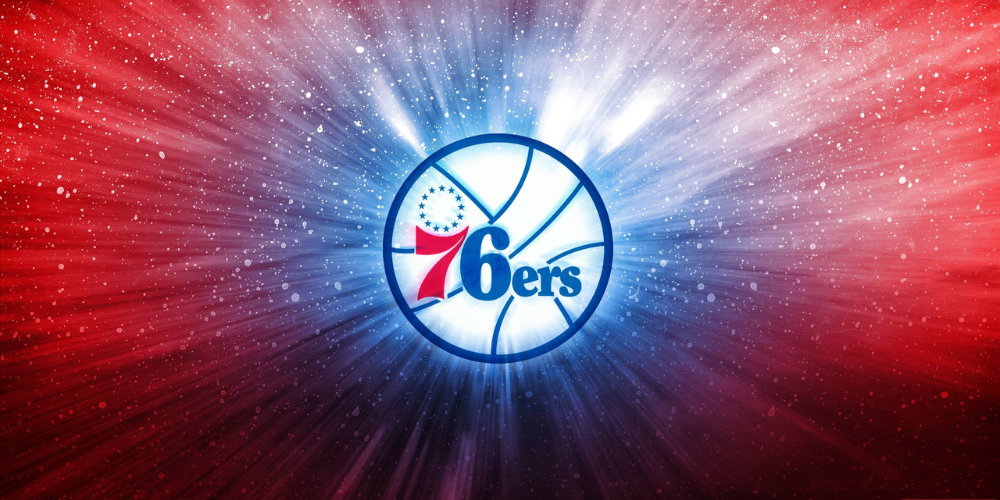
In the past decade, the world of sports has witnessed a seismic shift in the form of the rise of esports. Once a fringe subculture, esports has now burgeoned into a mainstream phenomenon with millions of fans worldwide. This transformation has been driven by advancements in technology, an increasingly digital-savvy generation, and an insatiable thirst for innovative forms of entertainment. This article aims to chart the remarkable journey of esports from its humble beginnings in niche communities to its current status as a pillar of mainstream entertainment.
The Genesis of Esports
Early Beginnings
Esports can trace its roots back to the 1970s and 1980s when video games began to gain popularity. The first recorded video game competition took place at Stanford University in 1972, where students competed in a game called "Spacewar". However, it wasn't until the 1990s, with the rise of the internet and personal computing, that esports began to take shape.

The Birth of Competitive Gaming
The 1990s saw the emergence of multiplayer games, which allowed players to compete against each other in real time. These multiplayer games laid the groundwork for competitive gaming. In 1997, the Cyberathlete Professional League (CPL) was founded, marking the birth of professional esports. The CPL was the first organization to host regular esports competitions and offer substantial prize money, setting a precedent for future esports tournaments.
The Emergence of Esports as a Cultural Phenomenon
The Influence of South Korea
The early 2000s marked a turning point for esports, particularly in South Korea. After the 1997 Asian financial crisis, the South Korean government significantly ramped up investments in broadband internet infrastructure. This investment, coupled with the release of the game StarCraft by Blizzard Entertainment, led to a boom in esports. South Korea became the first country to televise esports, and professional gamers became cultural icons.
Global Expansion
The success of esports in South Korea sparked global interest. In the mid-2000s, esports started gaining traction in North America and Europe. Leading video game corporations, including Valve and Riot Games, started allocating resources to the esports scene, setting up global competitions for titles such as Dota 2 and League of Legends. These tournaments boasted multi-million dollar prize pools, attracting players and spectators from around the world.

The Legitimation of Esports as an Official Sport
Recognition by Sports Organisations
The mid-2010s saw esports gain recognition from traditional sports organizations. In 2013, the US State Department started recognizing professional gamers as athletes, granting them the same visa status as traditional sports stars. In 2017, the International Olympic Committee (IOC) acknowledged the potential of esports, considering it as a potential medal event for future Olympics.
Investments from Traditional Sports
Esports also began attracting investments from traditional sports figures and organizations. High-profile sports teams like the Philadelphia 76ers and Paris Saint-Germain have invested in or acquired esports teams. Celebrity athletes like Michael Jordan, Steph Curry, and David Beckham have also invested in the esports industry.

The Current State of Esports
Mainstream Entertainment
Today, esports has firmly established itself as a form of mainstream entertainment. Major esports events draw viewership numbers comparable to traditional sports events. Nearly 100 million unique viewers tuned in for the 2019 League of Legends World Championship, a viewership that rivals that of the Super Bowl.
Economic Impact
Esports has also become a lucrative industry. Market research company Newzoo projects that the worldwide esports market will exceed $1 billion in revenue in 2021, reflecting its extraordinary expansion.
Conclusion
The rise of esports from niche communities to mainstream entertainment is a testament to the evolving nature of our digital age. As technological progress persists and the boundaries between our tangible reality and virtual spaces further fade, the role of esports in our leisure sphere is poised to grow increasingly significant. From its early beginnings to its current status as a cultural and economic powerhouse, the journey of esports is a story of innovation, adaptation, and the power of community.

Leave a comment
Your comment is awaiting moderation. We save your draft here
0 Comments